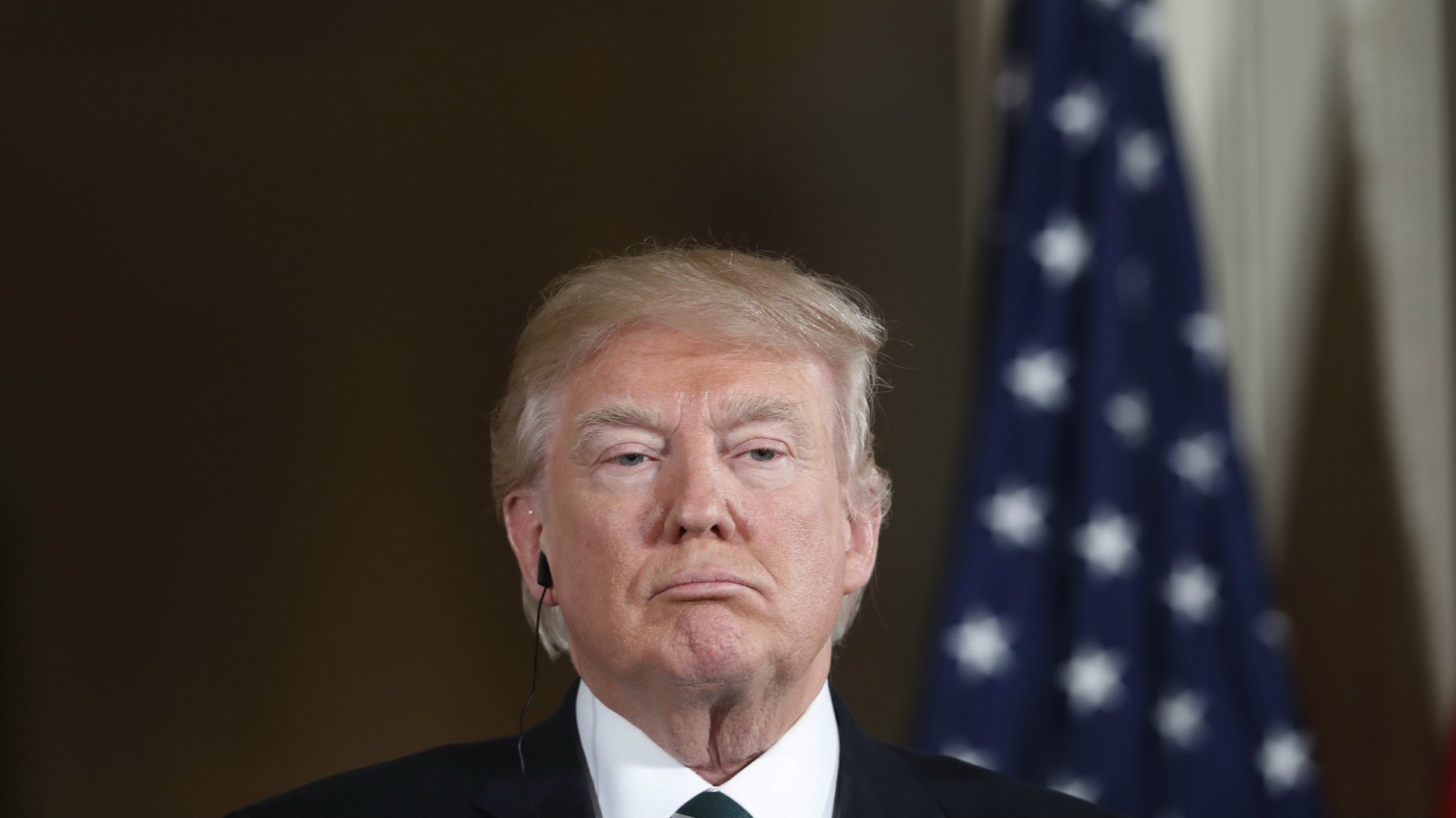Donald Trump’s latest attempt to punish fellow Republicans could backfire spectacularly
After a bruising campaign, Republican Congress members who had denounced Donald Trump gamely coalesced around him when he won the US presidential election. By the time the president spoke in front of Congress in late February, their support seemed both genuine and robust.


After a bruising campaign, Republican Congress members who had denounced Donald Trump gamely coalesced around him when he won the US presidential election. By the time the president spoke in front of Congress in late February, their support seemed both genuine and robust.
Less than a month later, it seems to be in danger of fracturing once more. Since the health care bill failed to pass the House of Representatives a week ago despite a Republican majority, Trump has become increasingly vocal about blaming members of his own party, as an investigation into Russian interference in the US election raises more questions about his victory.
Former national security advisor Michael Flynn said last night (paywall) he is willing to testify in the investigation exchange for immunity, and his lawyer says he has “a story to tell.”
Trump, meanwhile, complained yesterday morning on Twitter about the Freedom Caucus, the group of small-government Republicans who opposed the bill, and then called out individual representatives by name:
The tactic, his targets said, makes working with him hard. The party might not be able to come together on tax reform, or any other big items on his agenda as a result.
And especially not after testimony yesterday in the Senate that raised new, uncomfortable questions about Russia’s support for Trump. This time, the suggestion is that Russia helped him not only in the presidential election, but also in the Republican primary in which he wiped out nearly a dozen other hopefuls.
Clint Watts, a fellow at the Foreign Policy Research Institute and a Russia expert, testified to the Senate Intelligence Committee that Russia worked to “pump Trump” and tear down his opponents even during the primaries.
“Russia’s overt media outlets and covert trolls sought to sideline opponents on both sides of the political spectrum with adversarial views towards the Kremlin,” Watts said. “They were in full swing during both the Republican and Democratic primary seasons, and may have helped sink the hopes of candidates more hostile to Russian interests long before the field narrowed.”
Senator Marco Rubio suffered especially from those efforts, Watts said, and he offered up examples afterward on Twitter:
Rubio himself, meanwhile, testified that Russian hackers targeted his campaign staff. “Former members of my presidential campaign team who had access to the internal information of my presidential campaign were targeted by IP addresses with an unknown location within Russia,” he said.
Of course, Trump won the primaries by a huge margin—unlike his slim win in the presidential race—so it would be hard to claim that Russian propaganda got him nominated.
But yesterday’s testimony was scathing about Trump’s susceptibility to influence by Russian fake news, and left an image of a vulnerable president.
As Watts testified, propaganda worked during the election because “the commander in chief has used Russian active measures at times against his opponents.” (“Active measures” is a Russian term for propaganda techniques the KGB developed during the Cold War.) Trump quoted a fake news story from state-owned Sputnik news, denied intelligence reports from the US about Russia, and claimed the election could be rigged, Watts said, which was a key theme of fake news reports coming from Russian sources.
And that pattern is continuing, Watts said. “Right now,” he said, Russian propaganda outlets tweet at president Trump when he is online, and “spout conspiracy theories,” hoping he will pick one up.